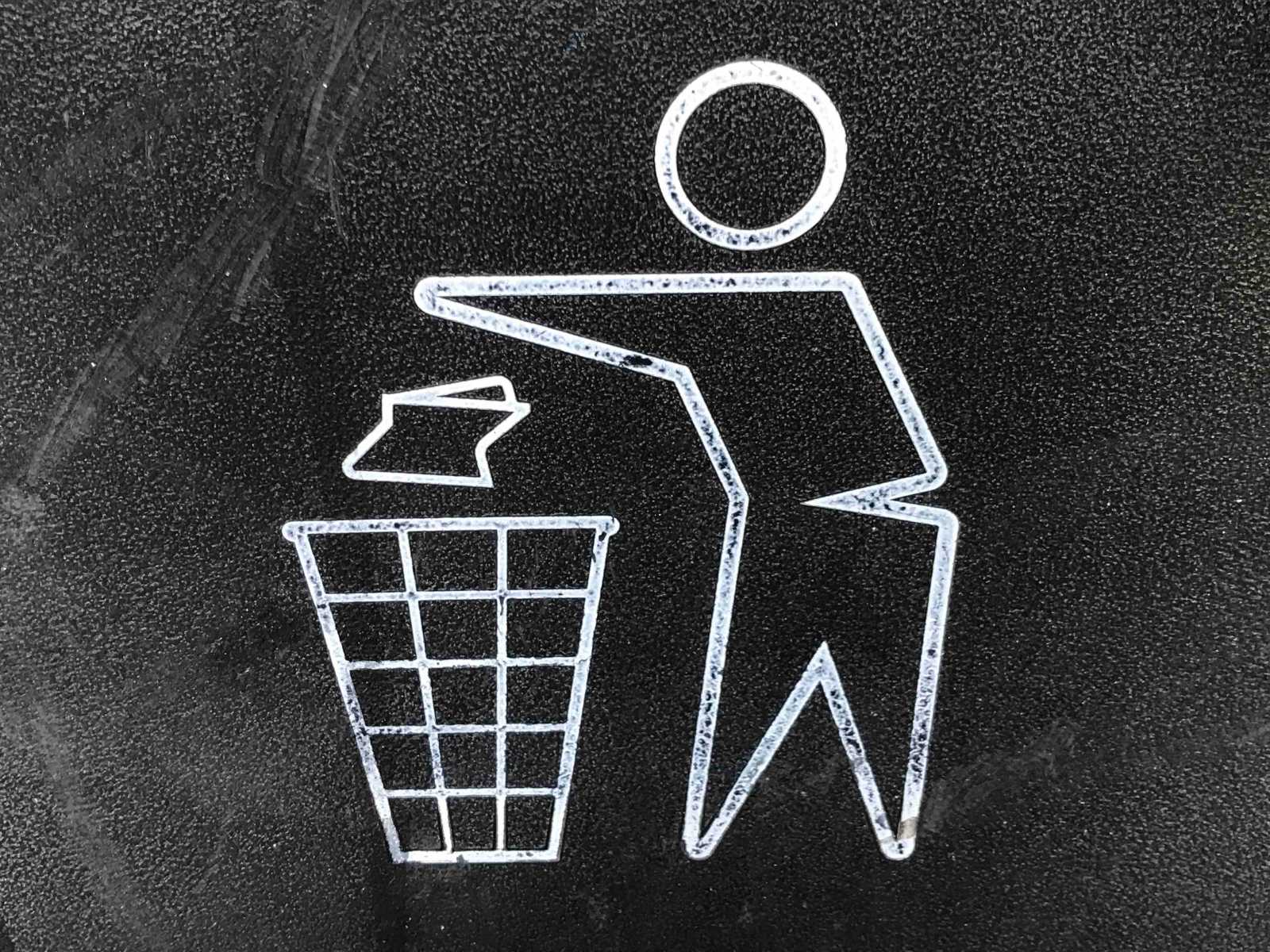As we face the challenges of climate change, resource depletion, and waste accumulation, there is a pressing need to redefine our relationship with the environment and our consumption habits. The linear model of “take, make, and dispose” has proven unsustainable. A transformative shift towards the circular economy is now imperative. In this article, we will explore the principles of the circular economy, the benefits of adopting an upcycling and reuse lifestyle, and how this way of living is shaping the future in the UK.
Table of Contents
What is the Circular Economy?
The circular economy is an economic model that focuses on maximising the value and utility of resources while minimising waste, pollution, and environmental degradation. It is based on three main principles:
- Design out waste and pollution
- Keep products and materials in use
- Regenerate natural systems
By adopting a circular economy, we can create sustainable and resilient societies that are less reliant on finite resources and actively contribute to environmental restoration.
The Upcycling and Reuse Lifestyle
At the heart of the circular economy lies the concept of upcycling and reusing materials. Upcycling is the process of transforming waste materials or unwanted products into new materials or products of better quality or greater environmental value. Reuse, on the other hand, is the practice of using an item again, either in its original form or with minor alterations. Both approaches contribute to the principles of the circular economy by extending the life cycle of products and reducing waste.
Why Upcycling and Reuse are the Future Way of Living
There are several compelling reasons why embracing an upcycling and reuse lifestyle is essential for a sustainable future:
1. Resource Conservation
Upcycling and reusing materials help conserve finite natural resources by reducing the demand for virgin materials. This, in turn, reduces the extraction and harvesting of raw materials, preserving ecosystems and reducing the environmental impact of resource exploitation.
2. Waste Reduction
By giving new life to old and unwanted products, upcycling and reuse prevent items from ending up in landfills or incinerators. This helps reduce waste generation, alleviating the pressure on waste management systems and decreasing the release of harmful greenhouse gases.
3. Energy Efficiency
Reusing and upcycling materials typically require less energy compared to producing new products from virgin materials. This energy efficiency contributes to a reduction in overall energy consumption and greenhouse gas emissions, supporting the global effort to combat climate change.
4. Economic Benefits
Upcycling and reuse create new opportunities for local businesses, artisans, and entrepreneurs. By fostering innovation and generating new income streams, these practices contribute to the growth of a more sustainable and resilient economy.
5. Social and Cultural Values
Embracing an upcycling and reuse lifestyle fosters a sense of community, collaboration, and creativity. It encourages individuals to appreciate the value of resources and promotes a culture of mindful consumption and environmental stewardship.
The UK’s Growing Embrace of the Upcycling and Reuse Lifestyle
In recent years, the UK has seen a surge in the adoption of upcycling and reuse practices, driven by various initiatives and trends:
1. Government Policies and Legislation
The UK government has implemented policies and regulations to promote the circular economy, including waste reduction targets, extended producer responsibility schemes, and support for recycling and reuse initiatives. These measures have played a crucial role in fostering the upcycling and reuse lifestyle.
2. Awareness and Education
Increased public awareness of the environmental and social impacts of our consumption patterns has driven a shift in behaviour towards more sustainable practices. Campaigns, workshops, and educational programmes have been instrumental in spreading the message and promoting the benefits of upcycling and reuse.
3. Community-based Initiatives
Across the UK, communities are coming together to establish local reuse and upcycling initiatives, such as repair cafes, tool libraries, and swap shops. These grassroots projects are empowering individuals and communities to take control of their consumption habits and contribute to the transition towards a circular economy.
4. Growth of the Upcycling and Reuse Market
The UK market for upcycled and reused goods is growing, with more businesses offering products and services that cater to environmentally conscious consumers. From refurbished electronics to repurposed furniture, the market is becoming increasingly diverse and accessible.
5. The Role of Technology
Technology has played a significant role in facilitating the upcycling and reuse lifestyle, with platforms like Freecycle, Gumtree, and eBay making it easier for people to exchange and repurpose items. Social media has also been instrumental in creating networks and communities that share ideas, inspiration, and resources for upcycling and reuse projects.
Conclusion
The transition towards a circular economy is essential for a sustainable future, and the upcycling and reuse lifestyle lie at its core. As the UK continues to embrace this way of living, we can expect to see significant environmental, economic, and social benefits. By collectively adopting an upcycling and reuse mindset, we can contribute to the creation of a more resilient, prosperous, and environmentally responsible society.

